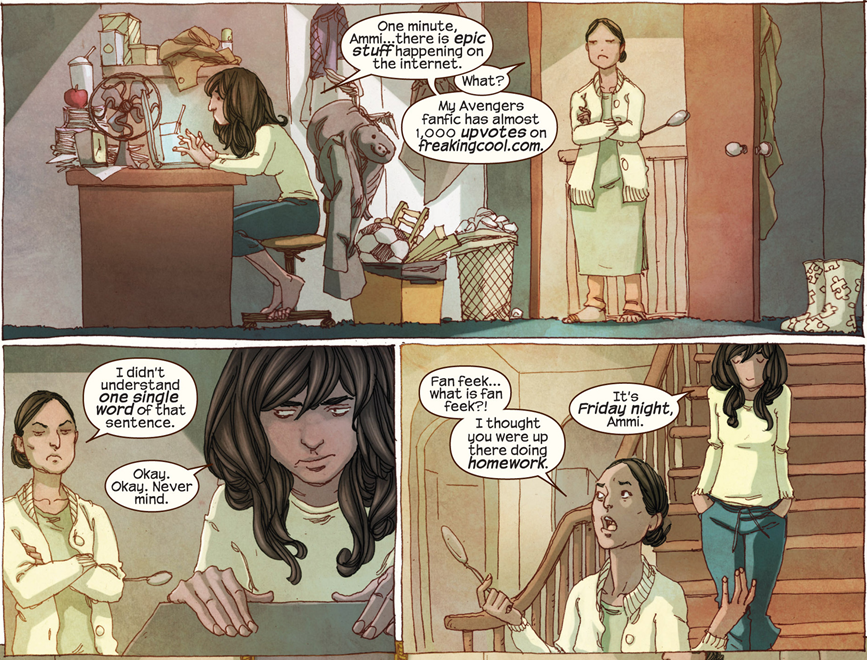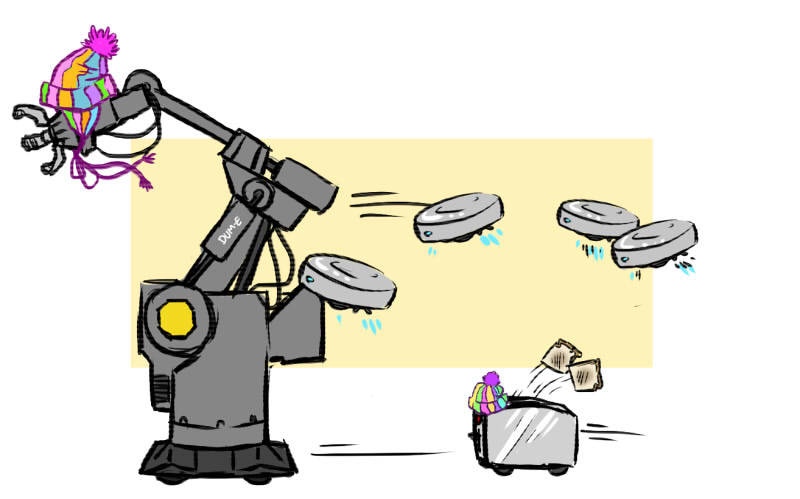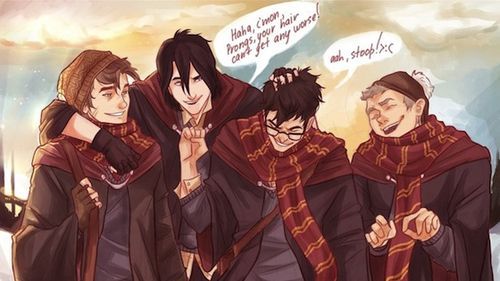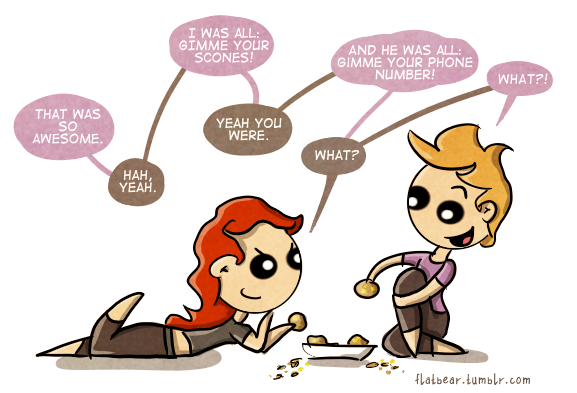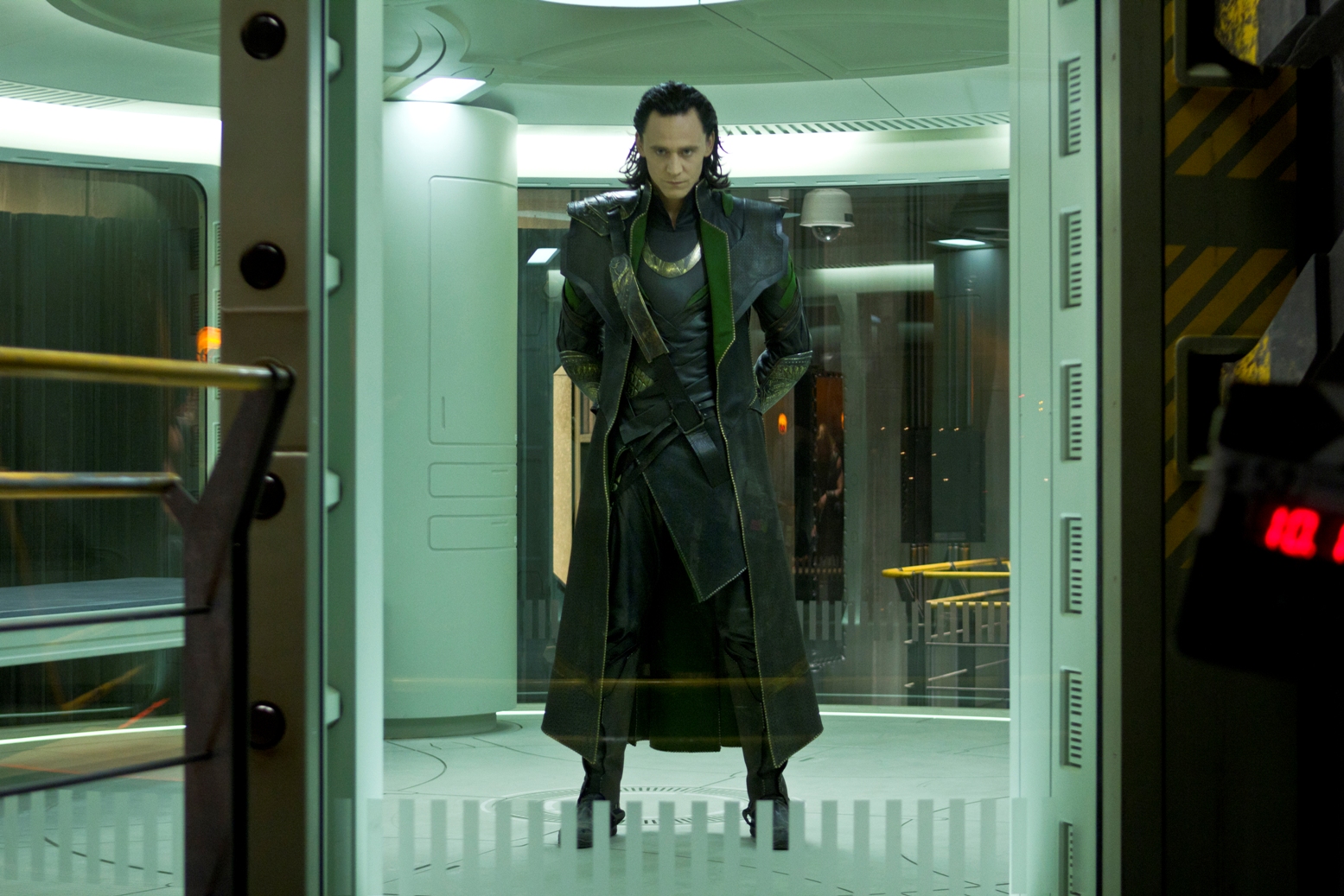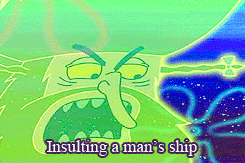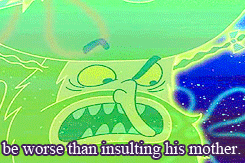This
is the second post in my series on “To Kill a Villain!” For the Introduction post
go here!
The first factor we will be studying in our
discussion of why some heroes kill their villains without angst while others
don’t is the upbringing of our four superheroes. Our parents have a profound
impact on all of us, even an orphan is strongly impacted by their lack of
parents and any legacy their parents left behind. But while most of these four
particular heroes were orphaned at some point in their life, most had parents
long enough for them to deeply and profoundly impact their children directly
with taught values, unspoken expectations, and parental example.
In today’s post we specifically look at our two billionaire superheroes, Bruce Wayne and Tony Stark. Both are men who have been deeply affected by their fathers and their fathers’ view of the world. While Bruce and Tony are very similar—since in many ways Iron Man was created to be Marvel’s version of Batman—we will see that their fathers were nearly polar opposites of each other. It’s no wonder that two heroes raised by men who believe such diametrically opposing things would grow up to view killing differently.
In today’s post we specifically look at our two billionaire superheroes, Bruce Wayne and Tony Stark. Both are men who have been deeply affected by their fathers and their fathers’ view of the world. While Bruce and Tony are very similar—since in many ways Iron Man was created to be Marvel’s version of Batman—we will see that their fathers were nearly polar opposites of each other. It’s no wonder that two heroes raised by men who believe such diametrically opposing things would grow up to view killing differently.
Bruce Wayne
 |
| Martha and Thomas Wayne |
Bruce Wayne was born to Dr. Thomas Wayne and his
wife, Martha. The movie Batman Begins unfortunately
does not give us much insight into Martha Wayne, other than she was a woman who
loved her husband and son, but it tells us quite about Bruce’s father, Thomas.
Though he owned (or at least was the majority shareholder of) Wayne
Enterprises, Thomas did not work there in any capacity. He left the running of
the company to other men, and instead Thomas was a doctor. We also know that
Thomas used his incredible wealth to build the public transport system that
runs through all of Gotham, a city riddled with crime that Thomas still had hope
could be saved. In fact, Ra's al Ghul later indicates that Thomas Wayne was the
only thing standing between Gotham and complete destruction, that Thomas
Wayne’s generosity and indefatigable belief in people countered the
League of Shadow’s efforts to bankrupt Gotham.
Thomas Wayne was not a soldier. This was not a man
who when confronted with a mugger could take him down. Instead Thomas Wayne was
the sort of man who calmly confronted the man pointing a gun at him, and when
that gun turned to point at his wife—instead of tackling the man or any other
form of self-defense or attack—Thomas stepped in front of the gun. (Note: I will save talking about the effect the death of his parents had on Bruce for his origins post.)
Was Thomas Wayne a pacifist? In the macro-sense, I
think we can safely say no, since the company he was majority shareholder of readily accepted DoD contracts. Though Thomas left the running of the company
to “better men,” I would think if he was an outspoken, political pacifist, he
would use his considerable leverage to direct his company away from accepting
contracts that help war efforts. However, in the micro-sense, it’s clear that
Thomas Wayne was not a man who ever resorted to violence, even in the face of
death.
Thomas believed he had a responsibility to help
Gotham. He was not satisfied to merely be rich and live off of his wealth—which
he could have easily done. He could have become the playboy Bruce Wayne later
pretended to be. Instead Thomas became a medical doctor, a career that devotes
him to helping individuals. Most people would probably call their civic duty as
done, but Thomas Wayne was not satisfied with that. Helping individuals
wasn’t enough. He had to help all of Gotham, which he did through financing
public works like building the train system.
 |
| Thomas having a moment with Bruce |
It seems clear from Batman Begins that
Thomas—despite his work and many civic projects—deeply cared about his son and
spent a fair amount of time with him. Thomas and Bruce seem to have a close and
loving relationship. Bruce isn’t afraid to cry in front of his father, isn’t
afraid to ask for his father’s help, and when Bruce gets scared at the opera,
Thomas covers for Bruce—telling Martha he needed a bit of air, instead of the
truth that Bruce was frightened. Bruce’s trust and confidence was clearly very
important to Thomas, and Bruce obviously adored his father.
If there is one clear lesson that Thomas teaches
Bruce in Batman Begins, it’s that the
reason why people fall is so they can learn to get back up. While this phrase
is often used in the movie as Bruce’s motivation to continue—a catchphrase that
encourages him to keep trying even as he fails—I don’t think we can
underestimate it’s importance overall and how it affects how Bruce views
the entire world.
 |
| Thomas carrying Bruce in (with Alfred) and reminding Bruce that it's okay to fall |
The League of Shadows wants to destroy Gotham,
because Gotham has fallen. But Bruce, ever his father’s son, believes that
Gotham can rise from the ashes and become better than it was before—that Gotham
can learn from its fall. It’s harder for Bruce to apply this lesson to
villains, but it’s something that Rachel Dawes tries to teach him. While it is
not and never will be okay that Joe Chill killed Bruce’s parents, that descent
to the very bottom did allow Joe Chill to change his view on life and to want
to testify against one of Gotham’s crime bosses. Joe Chill fell—a fall that
hurt multiple people including Bruce Wayne—but he was learning to get back up.
Every villain has fallen. And like Gotham, every
villain has the possibility of learning from that fall.
With a worldview that claims anyone can rise from their fall, it is no wonder that Bruce is unwilling to kill anyone.
Tony Stark
In direct contrast to the Wayne family, we have the
Starks.
Tony Stark was born to Howard and Maria Stark. We
know next to nothing about MCU Maria Stark and have no canonical interactions
with which to even speculate about Tony and Maria’s relationship. Howard Stark
on the other hand we know a good deal about.
 |
| Howard Stark, piloting Cap and Peggy across enemy lines |
Howard Stark was born in 1917, a few months after Bucky Barnes was born and nearly a year before Steve Rogers was born. This
means that when we first meet Howard Stark in Captain America: The First
Avenger, he is merely 26 years old. I say “merely” because a 26-year-old Howard
Stark was already the best mechanical engineer in the country (and he considers
that a “modest” assessment of his intelligence), an extremely skilled pilot,
the founder of his own company (Stark Industries), and the head
engineer/contractor of the Strategic Science Reserve—the premier R&D division
of the Allies (not just America). So though Howard Stark was not a soldier,
this was a man devoted to the cause of the war, the man who built the machine
that created Captain America. After the war, Howard Stark devoted all of his
efforts to Stark Industries, which became the premier weapon’s manufacturer for
the United States. Clearly Howard Stark believed that the world had many bad
guys who needed to be killed.
Tony Stark was born in 1970, when Howard was
53-years-old. The movies show little direct interaction between the two men,
but we know a good deal about Tony’s perspective of Howard and their
relationship. He thought Howard was a distant, cool, impossible to please man
that a young Tony Stark nevertheless tried to please. We know that Howard often
spoke about Captain America, that Tony was raised with this idea that Steve
Rogers was the ideal human being, a good man, a role model, and a hero—someone
Tony himself could never actually live up to.
 |
| Howard showing Steve Rogers the prototype shields |
I don’t think we can underestimate how the
generation gap affected Tony and Howard’s relationship. Howard had Tony very
late in life. From the one scene of interaction we see between them in Iron Man
2 when Tony is a child, Howard often probably viewed Tony as a nuisance and in
the way of his ambitions. And while it’s clearly stated that Howard loved
Tony—viewed him as his greatest creation—I think it’s also very clear that
Howard had no idea how to relate to his son. The only thing they had in common
was engineering, and I think it’s fair to say that Howard pushed Tony into the
career path.
 |
| Howard talking about Tony in Iron Man 2 |
Which isn’t to say that Tony doesn’t love
engineering, because I think the movies make it very clear he does. He has a
natural aptitude for it and love of it. But very few four-year-olds are asking
to make circuit boards. Howard, in trying to share his passion with his son,
clearly set his son’s path before him. Tony wanted to please his father, and
engineering was all they had in common, so of course Tony dedicated himself to
it. Howard probably didn’t even mean to push Tony to his career as fast as he
did (Tony graduated from MIT at 17, which is obviously really young to graduate
from college). But I doubt the 50-something Howard Stark knew how to talk to a
child. He probably treated Tony as a lab assistant, and the incredibly bright,
if incredibly young Tony probably raced to keep up.
After Howard and Maria Stark died in a car accident,*
Tony continued his father’s legacy and became the leader of Stark Industries at
the age of 21. And while Tony actually is the playboy Bruce Wayne pretends to
be, I think it’s fair to say that before his capture by the Ten Rings—which we
will discuss in detail in his “origins” post—Tony Stark not only thought it was
okay to kill but that he was obligated to provide the weapons he did. Tony was
following in the footsteps of his father. And while Howard Stark himself may
have never killed anyone (we can only speculate), he provided weapons and
technology for Captain America—who did. Howard raised Tony to believe that
Captain America was the standard to which he should hold himself to.
Tony is a man whose entire existence is shaped by a soldier and a weapons manufacture. It shouldn't shock anyone that he is okay with killing in battle or for a just cause.
Tony is a man whose entire existence is shaped by a soldier and a weapons manufacture. It shouldn't shock anyone that he is okay with killing in battle or for a just cause.
Note:
Tomorrow we will continue this discussion of how our heroes were brought up,
but this time we will discuss Marvel and DC’s pillars of morality: Steve Rogers
and Clark Kent.
*We later learn in Captain America: The Winter Soldier, that this accident wasn’t an
accident at all, but since Tony didn’t know that (presumably) until Natasha
Romanoff dumped all of SHIELD’s files on the internet—which takes place after
all of Tony’s current movies, it is immaterial to the point of this discussion.












